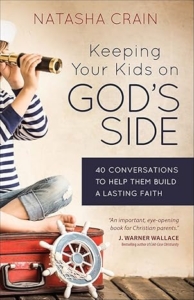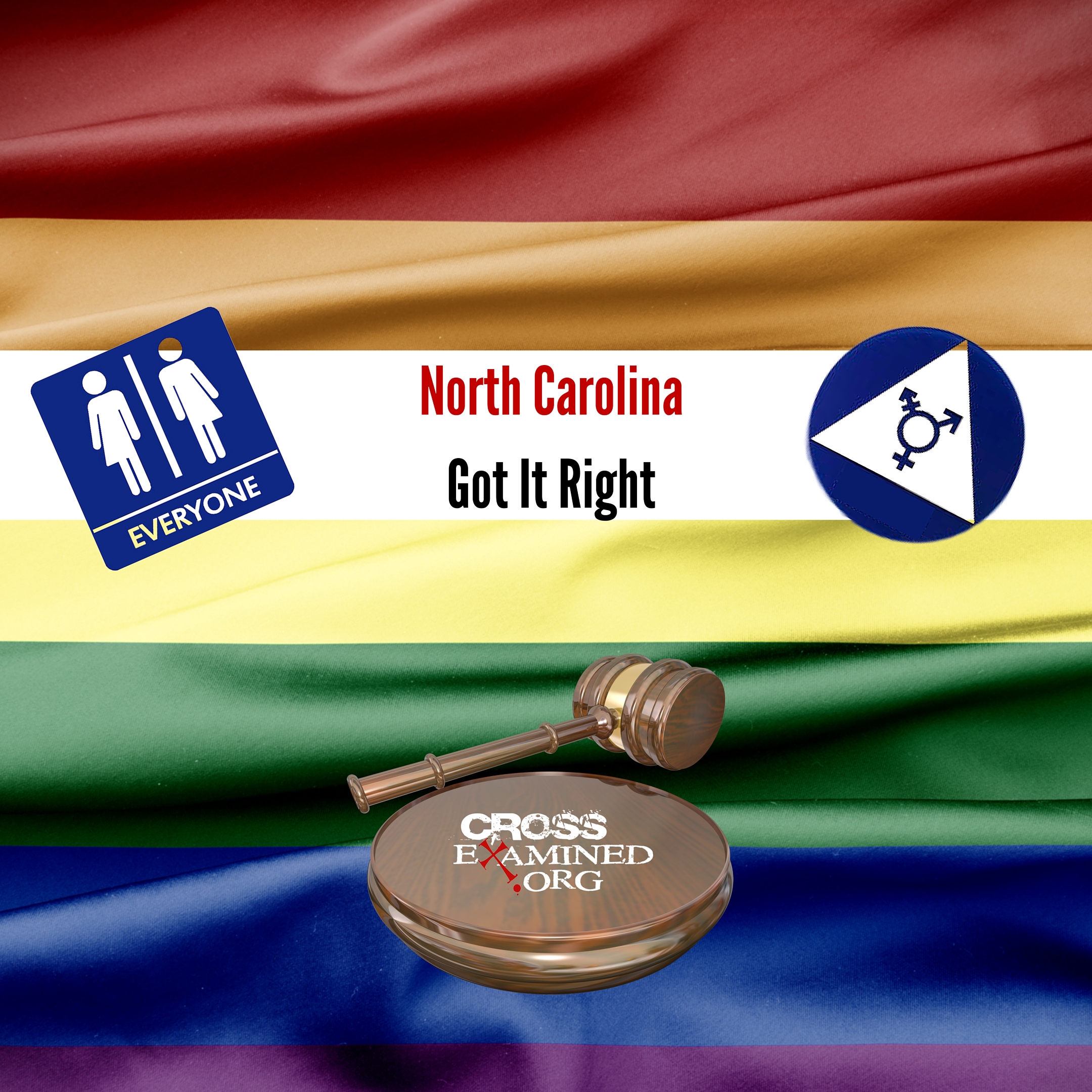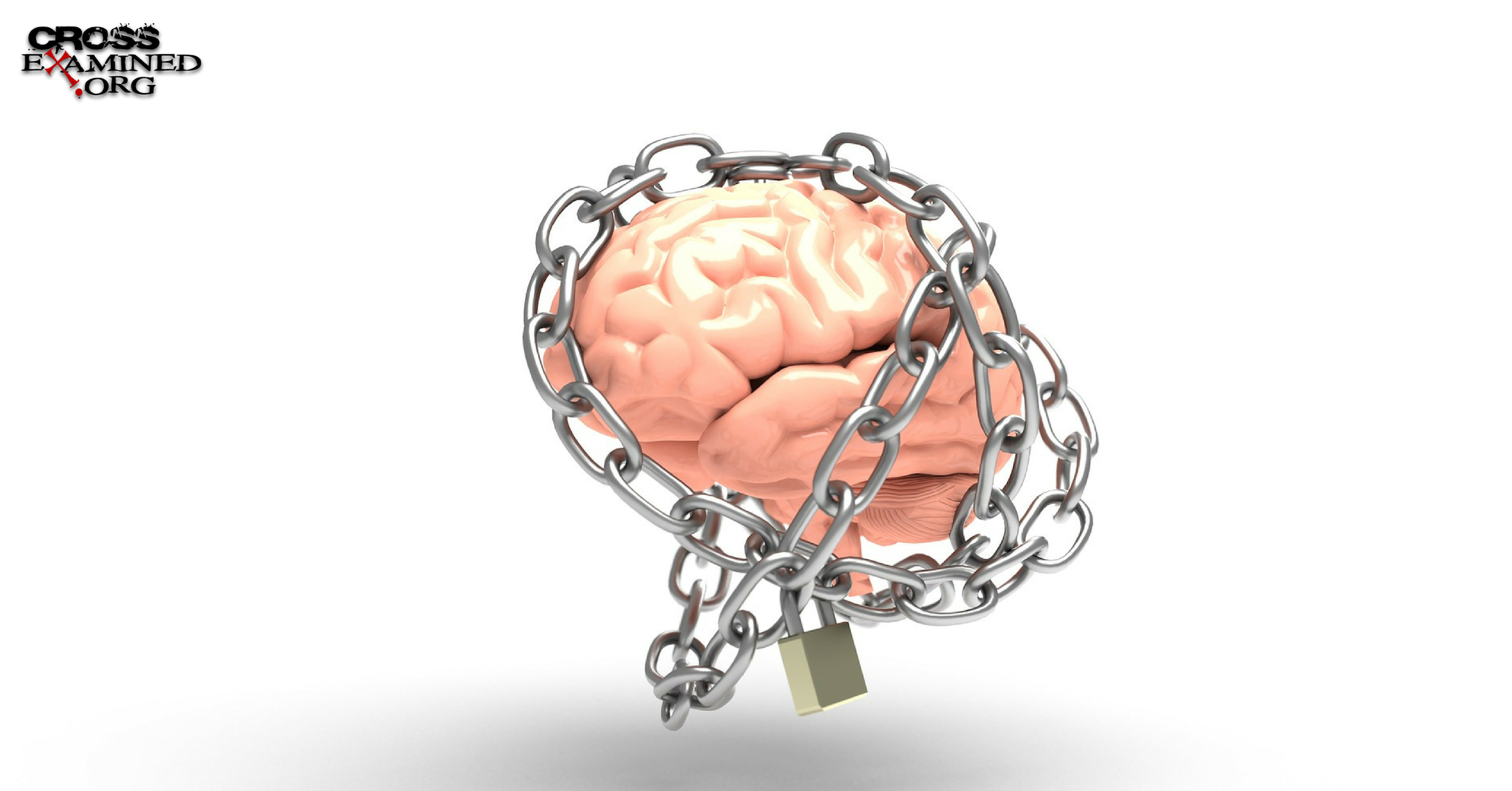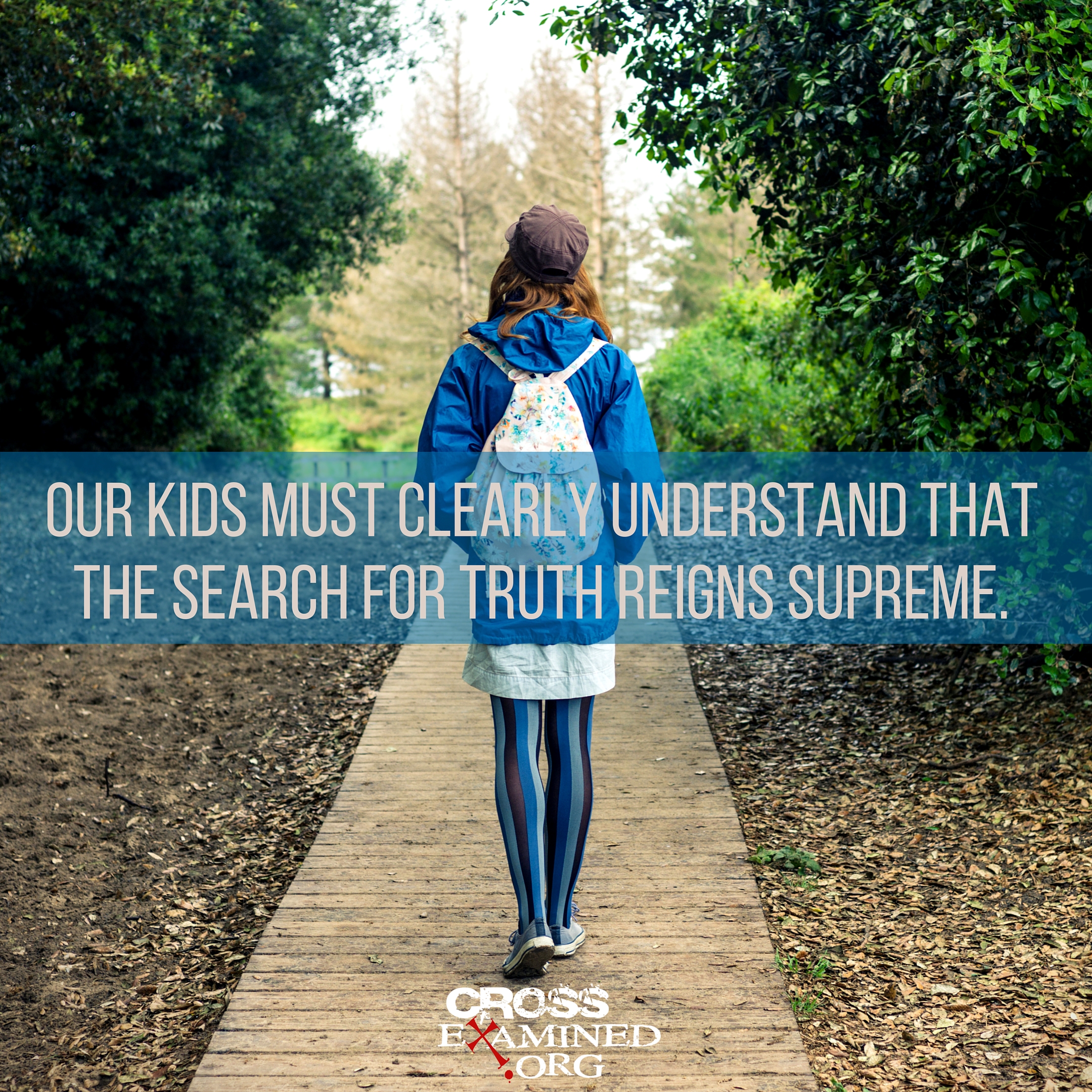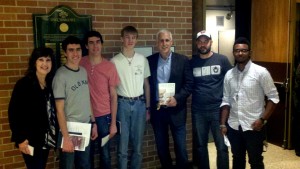By now, you’ve probably seen all the headlines and controversy surrounding the killing of Harambe the gorilla. In a nutshell, a 4-year-old boy somehow fell into a gorilla exhibit at the Cincinnati Zoo last weekend and authorities ended up killing the gorilla in order to ensure the boy’s life would be saved. Controversy has raged over whether or not the gorilla should have been shot when he was, whether the mom was at fault for the whole thing, and, most notably,whether we really should always choose a human life over an animal life.
If you find the italicized last part of that sentence confusing, you should. It goes against our most basic understanding of our existence. But that’s where our society is today: equating the value of human life with the value of animal life.
On the surface, this controversy can sound like a simple battle over opinions, but in reality it originates miles deeper—at the level of a person’s entire worldview. The reactions to this story make it a perfect case study for our kids on how our worldview impacts the way we see absolutely everything in life.
Here’s what they should understand.
A Tale of Two Worldviews
There are two major worldviews in play here (well, technically, there are many more, but for our purposes we’ll compare the two big ones).
First, there is the naturalistic worldview. In the naturalistic worldview, there is no God. All that exists is the natural world, which sprang into existence 13.7 billion years ago. Eventually, about 4.5 billion years ago, the Earth formed, and 0.5 billion years later, the first life appeared. As life continued to reproduce, random mutations occurred in DNA (the molecule that contains all the information necessary to build and maintain an organism). Some of those mutations conferred an advantage to their organism within their environment, leading to improved survival and reproduction. When the organisms with the beneficial mutation no longer reproduced with the original population, a new species was created. Over billions of years, this process created every species on Earth—fish evolved into amphibians, amphibians into reptiles, and reptiles into birds and mammals, with humans finally arriving on the scene a couple hundred thousand years ago (the actual date is debated).
Without assessing the truth of this worldview, we can identify four basic implications of it. If naturalism is true:
- There is no objective meaning to our existence. People can certainly create their ownsubjective meanings—I can decide that the meaning of my life, for example, is to save dolphins—but no meaning is any truer than any other; there is no objective meaning to our existence.
- There is no objective purpose of our existence. Evolution isn’t moving toward any particular goal. Environmental factors may influence the rate of DNA mutations, but not the direction. In the most basic sense of the word, our lives our purposeless.
- There is no objective morality. Any individual can have a preference for what they think is right and wrong, but no one can claim a higher authority for that preference. I might say murder is wrong, for example, but I can only mean wrong in the weakest sense—“murder is wrong in my personal opinion.” Someone else could legitimately claim that murder is great, and there would be no objective arbiter of morality between us; no one could say what weought to do.
- Humans are equal in value to animals. If humans evolved from animals without any prior planning for or direction toward our existence, we are quite literally just another animal. No creature has a more intrinsic right to life than any other. The question of which lifeshould be saved in a situation like a boy falling into a gorilla exhibit is irrelevant—there can be no speak of objective shoulds. We humans may have an opinion on it, but no opinion is objectively more right than another. If naturalism is true, we have no reason to bristle at those who say they would choose the life of Harambe over the life of the child—like this person I saw on Facebook:
Now let’s consider the Christian worldview. In the Christian worldview, God created the universe and everything in it. We learn about Him and ourselves through His revelation in nature, Jesus, and the Bible.
Again, whether or not this is an accurate picture of reality, we can identify the following four basic implications of it:
- There is objective meaning to our existence. If there’s an author of life, then it follows that He would imbue His creation with a specific meaning. Think, for example, of a painter who created artwork with the meaning that life is beautiful. Someone may look at the painting and say, “Oh! It meant something else to me…” but that won’t negate the fact that the author himself is the only one who can state what the meaning truly is. In the Christian worldview, God is the One who determines the true, objective meaning of our existence (whether we like that meaning or not).
- There is a purpose for our existence. Similarly, if there is an author of life, then it follows that He created us with a purpose in mind. And, again, we might live as if that purpose is something totally different, but that doesn’t negate our true purpose.
- There is objective morality. In the Christian worldview, God is perfectly good and is the objective standard of morality. He has given us a moral conscience (Romans 2:14-15) and revealed further moral prescriptions in the Bible. We can speak of what humans should do because there is a universal should that applies to all people.
- Humans are fundamentally different from and more valuable than animals. Christians disagree over the age of the universe and God’s creative method, but universally agree that human beings—and no other creatures—were created in His image (Genesis 1:27). We were made to resemble God in a meaningful way that sets us apart from the animal world: We are rational, moral, and capable of having a relationship with our Creator. That makes human life sacred and of infinitely more value than that of other creatures.
So What Should We Make of Harambe?
None of this is to say that we should mistreat animals, or that we should have been happy about Harambe being killed in this unfortunate situation. It’s also not an analysis of whether or not he was killed prematurely. In an ideal world, they would have been able to save both the child and the animal.
Rather, this is to say that a person’s worldview is foundational to how he or she evaluates a situation like this. If you believe that there is no God who designed humans as unique creatures with a unique right to life, you’ll argue over the details of the situation to assert your opinion on which life should have been spared in this particular case. Maybe you think the gorilla should have won, maybe you think the boy should have won. The details are there for discussion. But if you believe that there is a God who has created us specially—in His image—you’ll always argue for doing what it takes to save a human life, because human life is sacred in a way that animal life is not.
When we take the time to dig into the worldview issues behind popular stories like this, we help our kids tremendously in preparing them to engage with this secular world. So many of the battles today come down to the worldviews behind the issues themselves. The more we teach our kids to look far beneath the surface of what’s going on around them, the more we develop their critical thinking skills and demonstrate how far-reaching the implications of their beliefs are. If you need help with having these conversations, please check out my new book, Keeping Your Kids on God’s Side: 40 Conversations to Help Them Build a Lasting Faith. It’s available from your local Barnes & Noble and Christian book retailers, as well as ChristianBook.com, BarnesandNoble.com, and Amazon.com.


